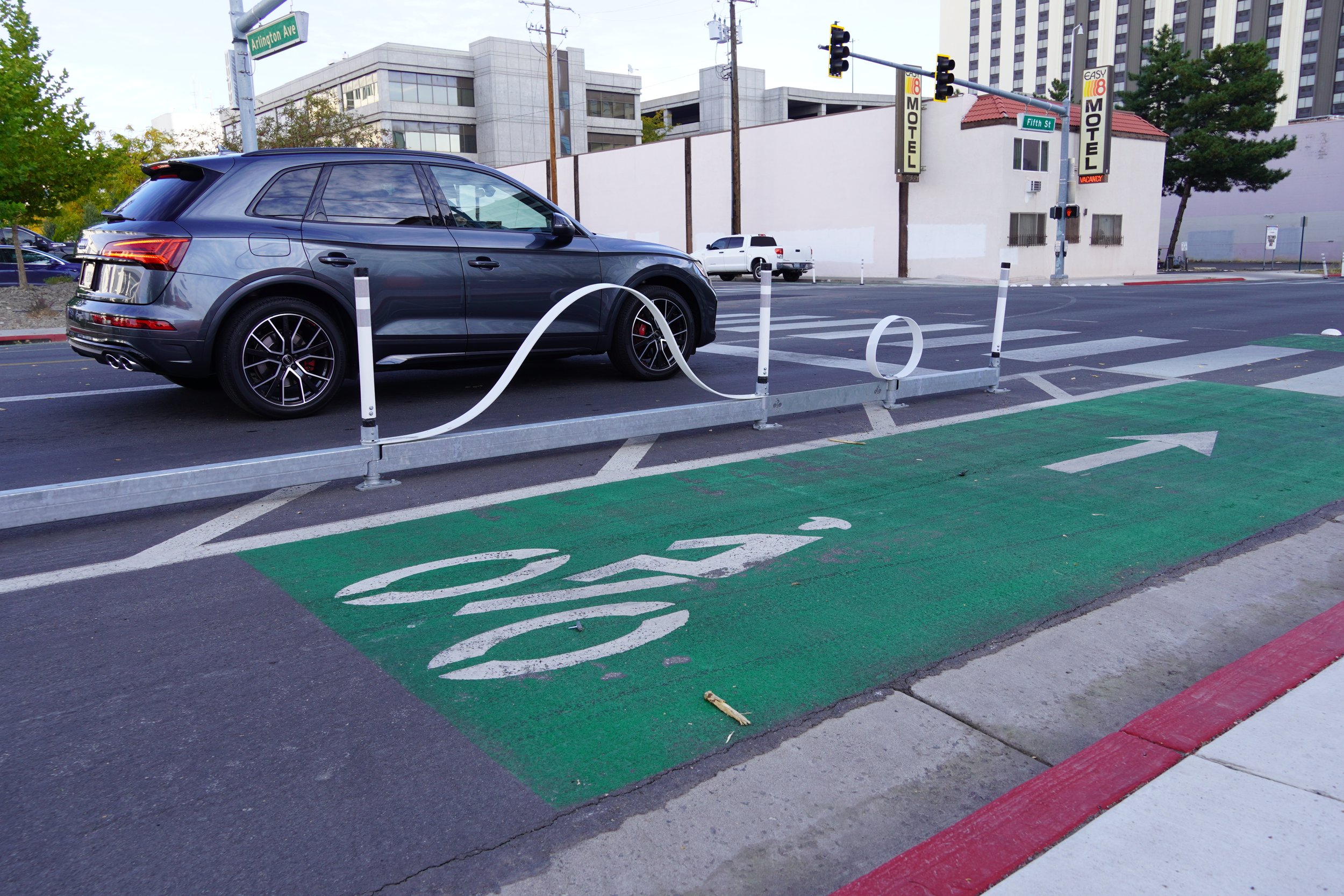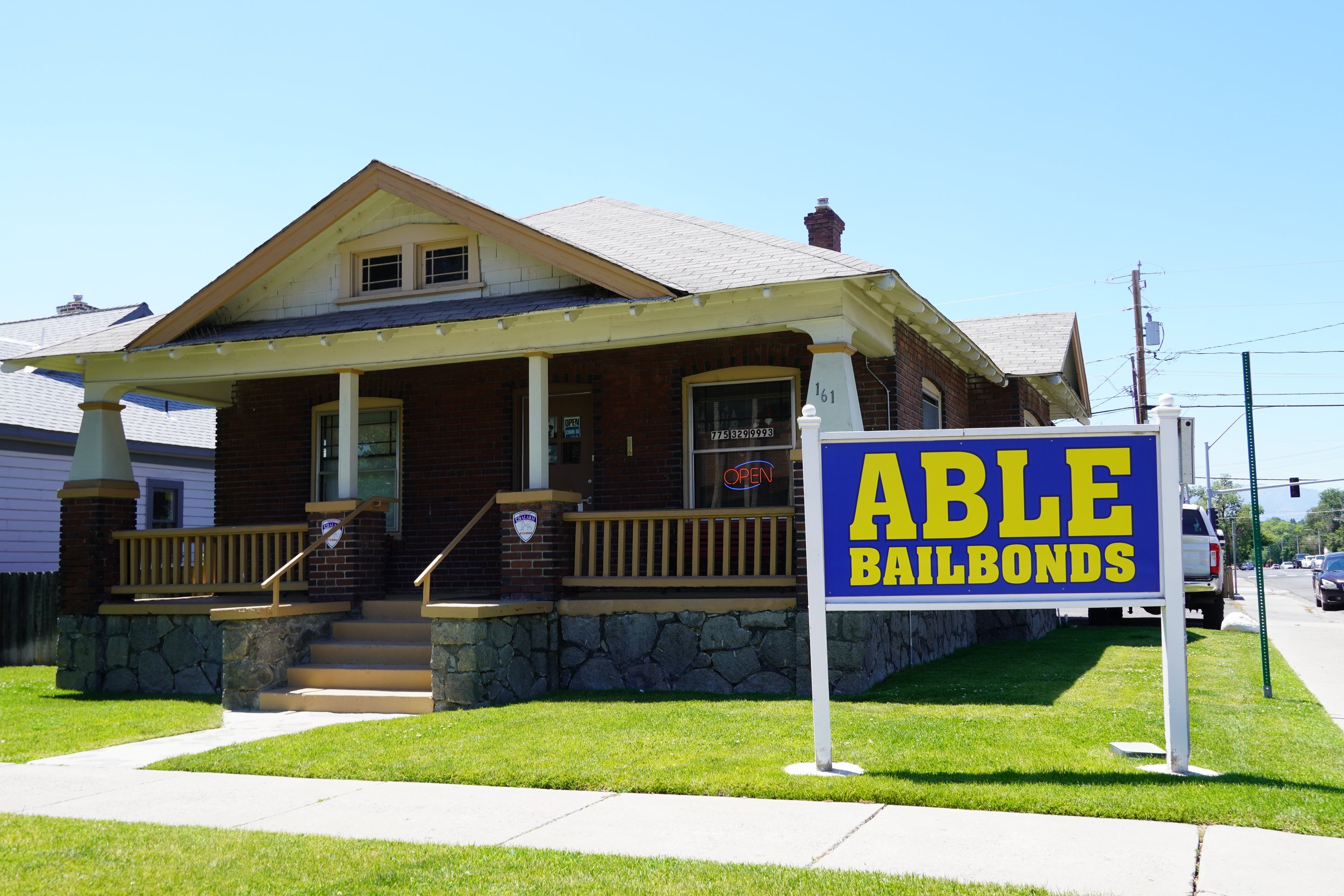The other day, while we were editing our homegrown “Seasons of Growth” film for its evening debut April 15th at the Holland Project, where everyone is invited for free, one of the sheroes of the film, Lily Baran, posted a story about the Browns Mill food forest in Atlanta, very much in line, albeit at a bigger scale, than what our documentary portrays here in the Biggest Little City.
While the ATL has become a thriving center for urban farms, Reno has several worthy initiatives we showcase in the film, with more support needed for that type of expansion.
A recent Eater Atlanta article indicated “from eliminating food deserts to supplying fresh produce to local restaurants, these urban farms are strengthening communities with work opportunities and farming education — like teaching residents how to foster apartment rooftop plots to growing plants in plastic yogurt containers.”
There’s what’s called a Community Supported Agriculture program, parking lots being converted into sprawling gardens, produce planted anywhere there’s dirt in city areas, growers cooperatives and rooftop irrigation gardens.
Here, outside of a few amazing mutual aid endeavors, we have massive empty Jacobs Entertainment parking lots and politicians who tap themselves on the back when they plant a few trees.
In Atlanta, the jewel is the Urban Food Forest at Browns Mill, which, in what used to be a food desert, provides “seven acres of seasonal nuts, fruits, vegetables, herbs, and mushrooms for community members.” It has 30 garden beds, more than 100 fruit trees, 2,500 edible and medicinal plants, all free for the pickings for anyone in need, as well as trails for birdwatching, plenty of volunteer gardening opportunities and programs to teach about healthy cooking and eating.
While grants for such initiatives are obviously going in the wrong direction right now — the Nevada Department of Agriculture recently announced the USDA has terminated over $8 million for programs supporting local food purchases for schools and food banks — it doesn’t mean we can’t work locally to grow even more healthy food, whatever the climate, political headwinds and financial challenges. If there’s a will there’s a way as our film Seasons of Growth premiering on Tax Day at the Holland Project will show, with four local women building that path locally, day by day, season by season.
Join us on April 15th 6:30 p.m. at the Holland Project to watch our film and discuss what is already being done and what we could do here in the 775.






















